Property investment often stands out as a prominent choice for those seeking tangible assets. The allure of property investment stems from its potential for capital growth and income generation, yet the profitability of such ventures varies widely based on numerous factors.
Fundamental Aspects of Property Investment
The core of property investment profitability lies in capital appreciation and rental yield. Capital appreciation refers to the increase in the property’s value over time, while rental yield is the income earned from renting out the property, often expressed as a percentage of the property’s value.
Geographic Location: A Crucial Factor
Location plays a pivotal role in determining the profitability of a property investment. Properties in areas with robust economic growth, excellent transport links, and amenities tend to appreciate more significantly. Similarly, rental yields are higher in regions with strong demand for housing, such as university towns or major cities.
Market Timing and Economic Climate
The timing of the investment can greatly impact its success. Purchasing property during a market downturn can lead to substantial gains when the market recovers. However, economic factors such as interest rates, employment rates, and overall economic health influence both the property market and the return on investment.
Types of Property and Investment Strategies
The property type, whether residential, commercial, or industrial, affects profitability. Each type carries different risks and returns, influenced by factors like tenant demand and maintenance costs. Investment strategies, such as buy-to-let, flipping, or development projects, also dictate the potential return and risk involved.
Long-Term Versus Short-Term Investment
Property investment often requires a long-term perspective to realise significant gains. While short-term investments can be profitable, especially in a rapidly appreciating market, they are typically riskier and more sensitive to market fluctuations.
Expenses and Hidden Costs
Profitability is not solely about income generation; it also involves managing expenses. These include mortgage payments, maintenance costs, property taxes, and insurance. Unexpected costs can arise, impacting the overall return.
Diversification and Risk Management
Diversifying property investments can spread risk and increase the potential for consistent returns. Investing in different types of properties or in various locations can provide a buffer against market volatility.
Property investment can be a profitable venture, offering both capital appreciation and steady income streams. However, its success is contingent upon a multitude of factors, including location, market timing, type of property, and investment strategy. At JPK, we can provide you with expert guidance to meet your unique investment needs. To learn more and to access our comprehensive resources, contact us today and download our free information pack.




